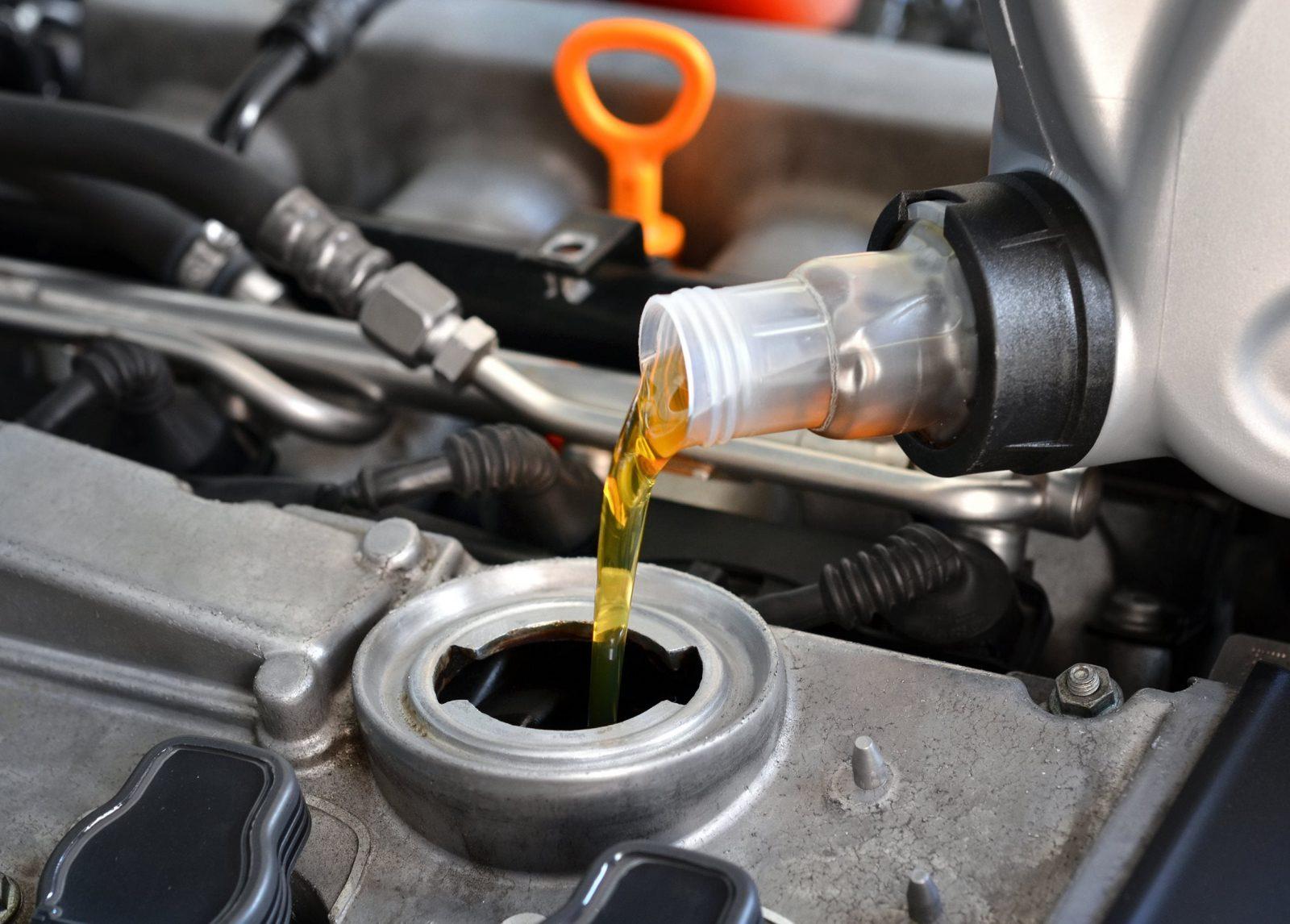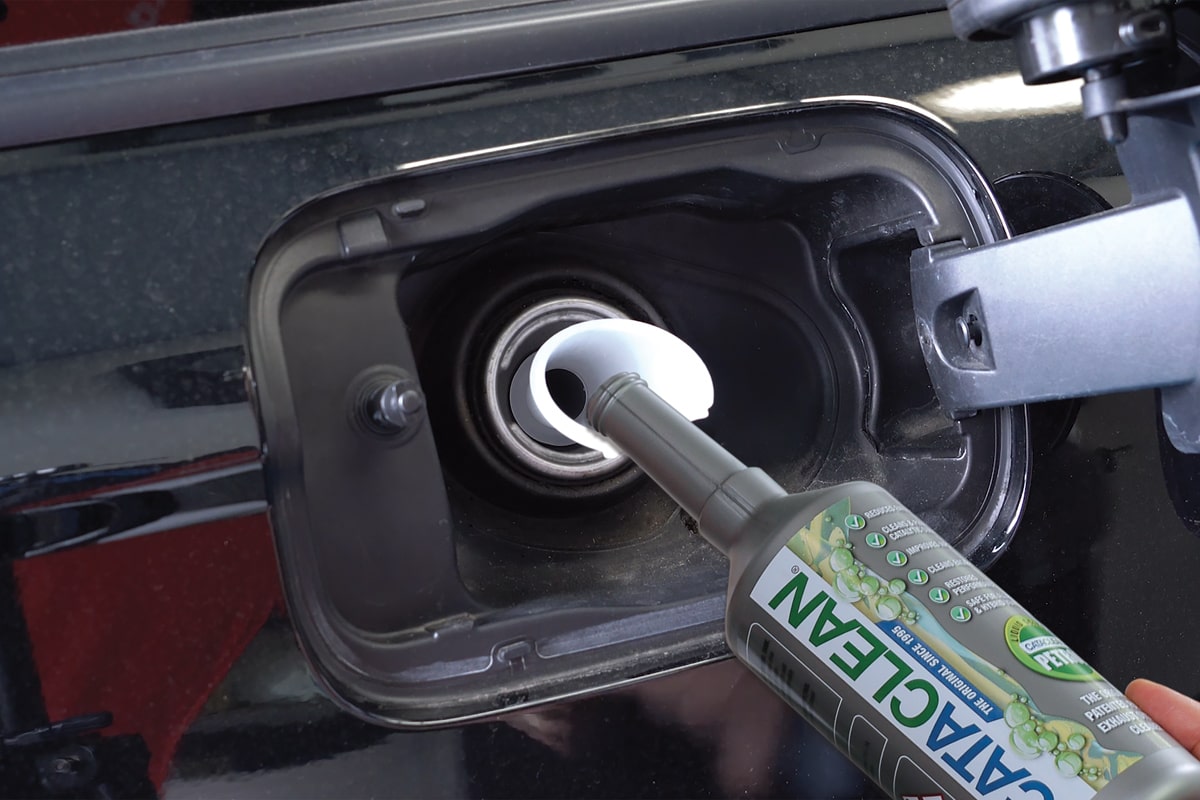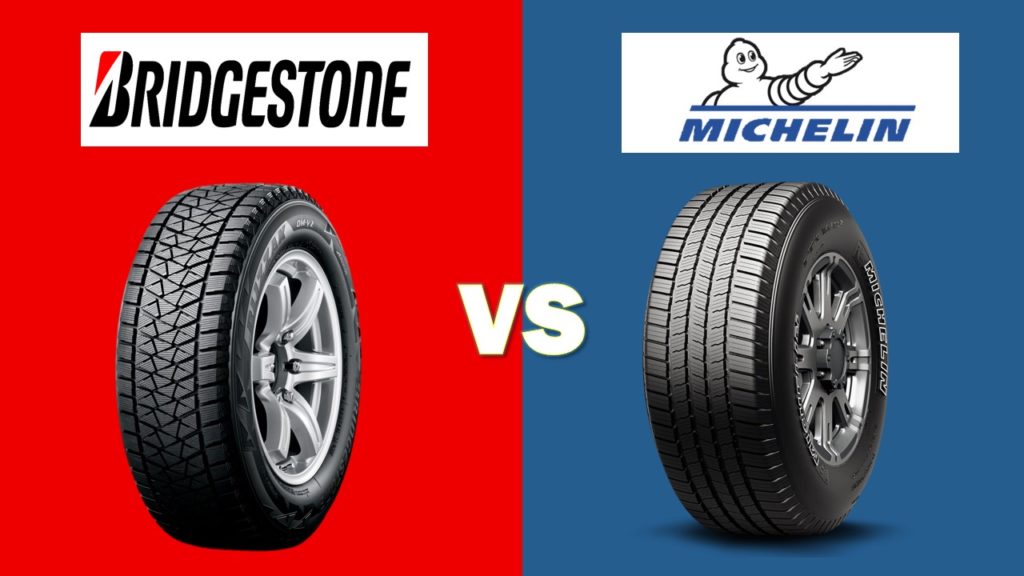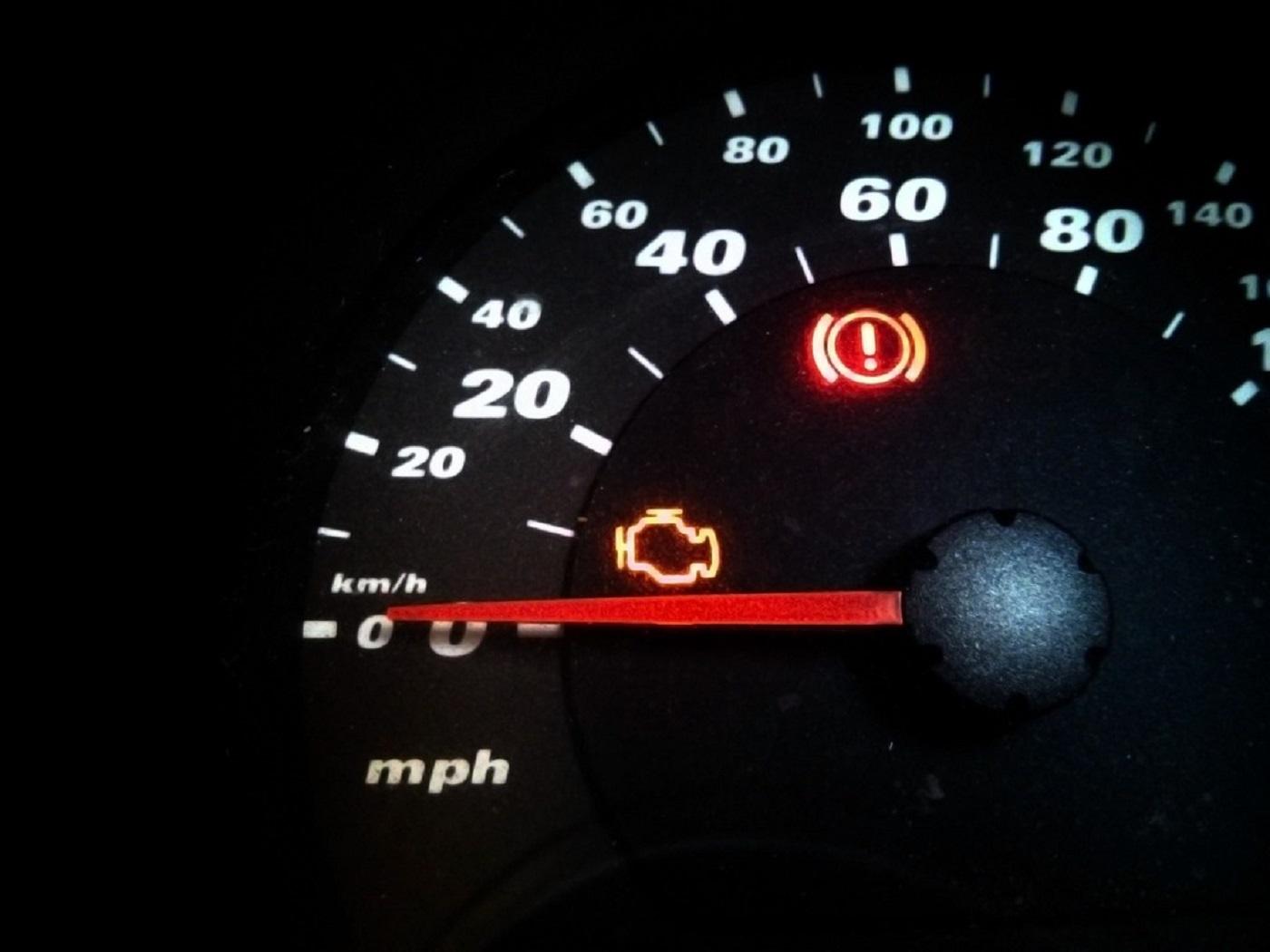How To Tell If Starter Relay Is Bad: 5 Common Symptoms
How to tell if starter relay is bad? Well, it is one of the major but often neglected components of the ignition system. The starter relay rarely breaks down due to not having many moving parts.
But, when it does, some bad starter relay symptoms will make you aware of the problem. A failed starter relay means the car may not start at all.
Corroded contacts, a bad circuit, or a worn-out relay could be the source of the trouble. You need to be watchful and monitor the relays regularly to avoid sudden breakdowns.
What Is A Starter Relay?
Before getting to know how to tell if starter relay is bad, let’s find out what does a starter relay do and its basic functions within the car system.
A starter relay is an electrical component that controls the starter motor and solenoid circuit in your vehicle. It is a high-current switch that supplies electricity to your car’s starting motor. It is normally controlled by the ignition switch circuit.
When you turn the ignition key, a little quantity of electricity is transmitted from the battery to the starting relay.
This triggers the relay, allowing significantly more electricity to travel from the battery to the starting motor. The starting motor then turns on the engine, and your vehicle begins to move.
In your starting circuit, a completely working starter relay is a crucial safety element. The car will not start if the starting relay fails. This stops the car from starting if the starter motor or any other electrical system component fails.
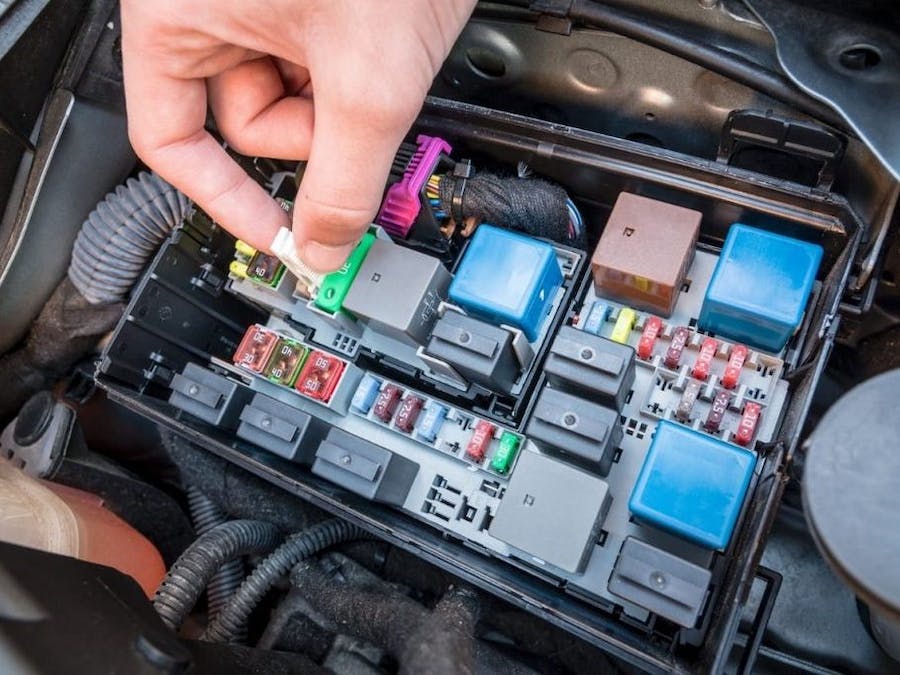
How To Tell If Starter Relay Is Bad?
The main function of a starter relay is to work as a switch for the starter solenoid by switching on a large current stream from a smaller one generated by the ignition switch circuit.
It does the same for the starter motor when it is an automotive car. Due to the low price tag, replacing the component is the best option when it fails.
So, how to tell if starter relay is bad or not? Well, these are the warning signs to be aware of:
1. The Vehicle Is Dead
The most obvious symptom is a completely silent car that does not respond when you turn the ignition key. Once you turn the key or press the starter button, it will send a signal to the starter relay, making the current flow through the relay’s coil.
The current eventually passes through the starter solenoid and motor, making the engine kick-off.
But, these things don’t happen when the relay is bad or damaged. When the car does not start after turning the ignition switch, check whether the battery is dead or not. If it’s fine, the problem is definitely with the starter relay.
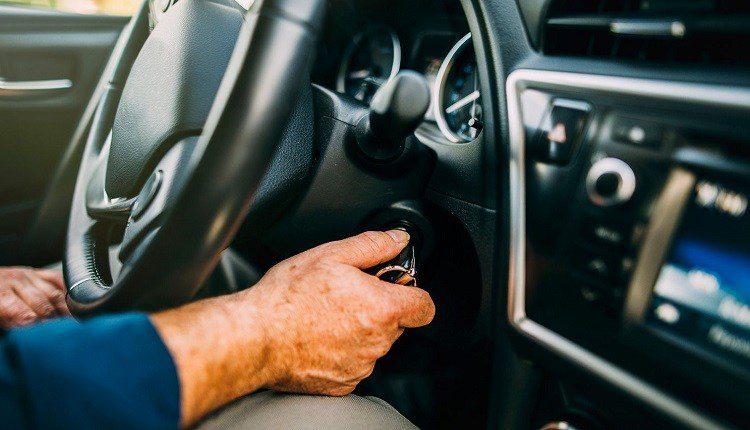
2. Starter Making Clicking Sounds
It happens when the relay cannot send a full signal. The relay either sends a fully electrical signal or nothing.
But, a damaged or worn-out relay that has not failed may try to close contacts during on and off. The unsuccessful attempts result in rapid clicking sounds or another annoying bad starter relay sound.
This particular problem is the byproduct of an old relay and corroded or dirty contacts. A battery with low amperage can cause the same trouble. So, be sure to check it before deciding to change the relay.
SEE MORE
- Think Car Won’t Start? Don’t Get Fed Up, Try These Solutions Instead!
- What Kind of Sounds Does a Bad Starter Create?
3. Occasional Failures In Starting The Vehicle
Among symptoms of a bad relay, this one can also be easy to notice. A fully functional starter relay will transmit power to the starter every time it is engaged.
But, damage could occur due to dirt, overheating, and other issues, enforcing the erratic operation of the starter. A bad wire connection or greasy contacts because of exposure under the hood could be the issues too.
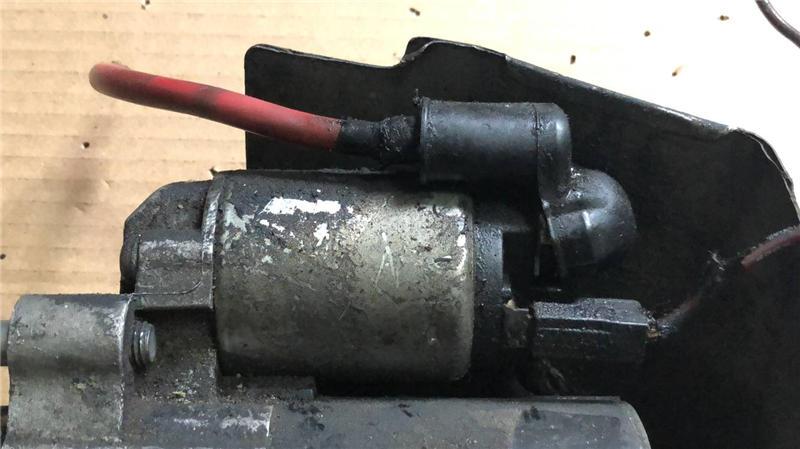
Checking the wires, cleaning the contacts, and repairing the broken leads will solve this problem.
4. Starter Does Not Get Switched Off
Turning the ignition key switches on the starter relay leads to the operation of the starter solenoid and motor.
Turning off the ignition key is supposed to create the opposite reaction. There is something wrong with the starter relay when it does not follow this regular route of operation.
You should be worried if it remains on long after the engine has kicked off. The possible reason could be the welding together of the contacts due to overheating or exposure to a high volume of current.
FAQs On Starter Relay & Failed Starter Symptoms
-
Are a starter relay and a starter solenoid the same thing?
The starting solenoid is frequently referred to as the starter relay, however in many vehicles, that term refers to a different relay that gives electricity to the starter solenoid.
In these circumstances, the ignition switch activates the starter relay, which in turn activates the starter solenoid, which in turn activates the starter motor.
-
Can you jump start a car showing failed starter symptoms?
No, you cannot jump-start a car with a faulty starting relay. The starter relay must be in good functioning order in order to jump-start an automobile.
If the starting relay fails to function correctly, the starter motor will not receive the necessary power, and the car will not start.
A jump-start will only provide enough battery fluid to start the engine; it will not repair a faulty starting relay. If your starter relay fails, you must replace it with a new one.
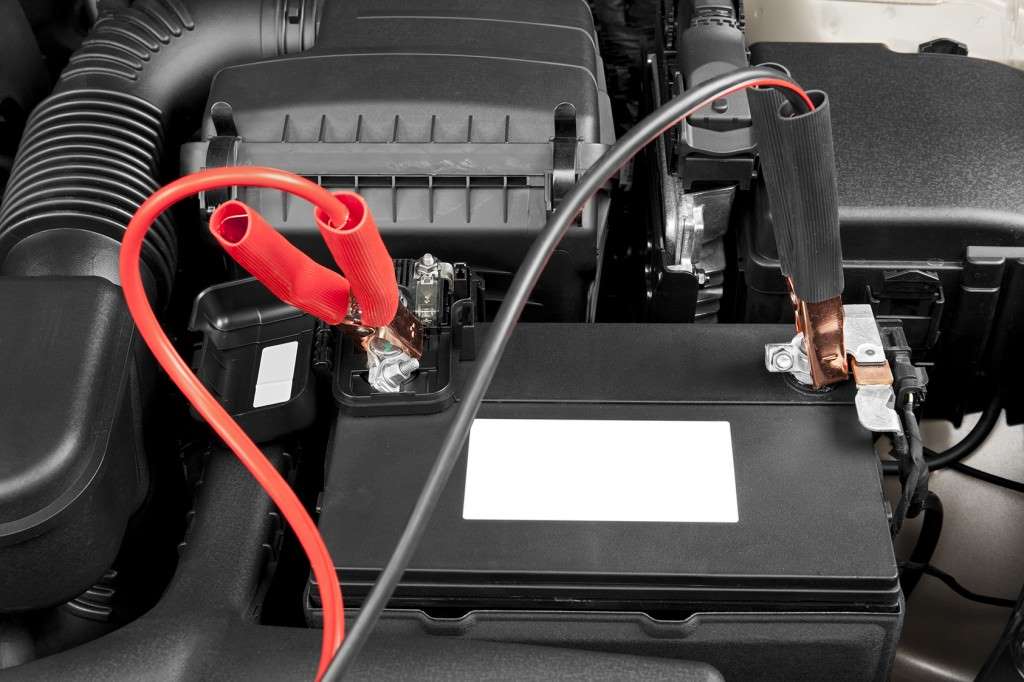
-
How do you bypass a starter relay?
By connecting the relay’s power input and power output pins, you may bypass the starting relay. However, you must utilize a wiring schematic and a multimeter to ensure that you are doing it correctly.
-
How long does the starting relay last?
There is no conclusive answer to this topic since starter relays vary greatly in quality and longevity. Many experts, however, say that the typical lifespan of a starting relay is between 50,000 and 100,000 kilometers.
This indicates that the life of your starter relay should be between 4 to 8 years. This is only a rough estimate; your mileage may vary.
-
What does the starter relay replacement cost?
Depending on the car type and labor expenses, the typical starter relay repair costs between $55 and $80. The starting relay parts should cost approximately $20, with labor ranging from $25 to $60.
Replacing a starting relay is a straightforward task that does not need the use of any specialist gear. If you are handy, you may want to save money by replacing the starting relay yourself.
Conclusion
We have just learned how to tell if starter relay is bad with symptoms of bad relay noted in detail. Hope you find this piece of information insightful!
See you again with more car maintenance tips to keep your car at the best status at all times.








